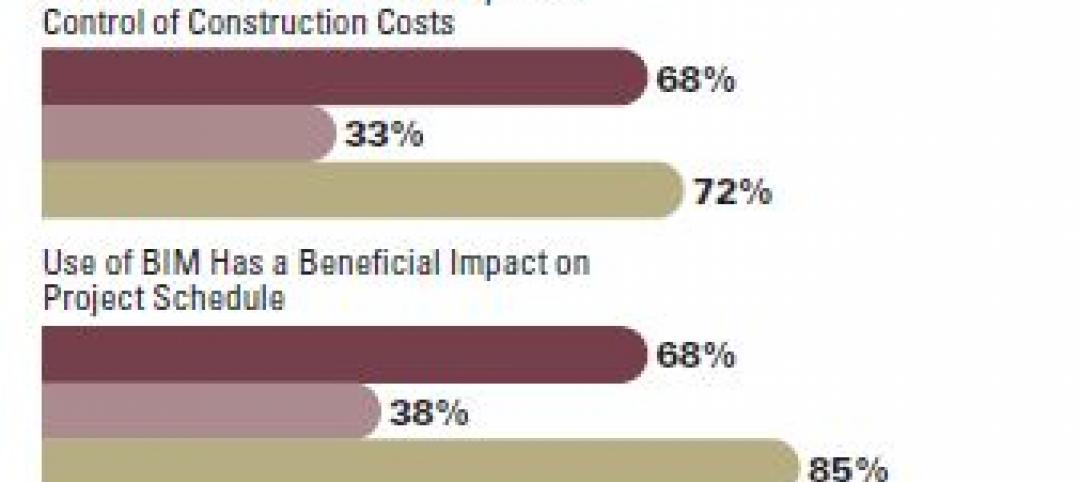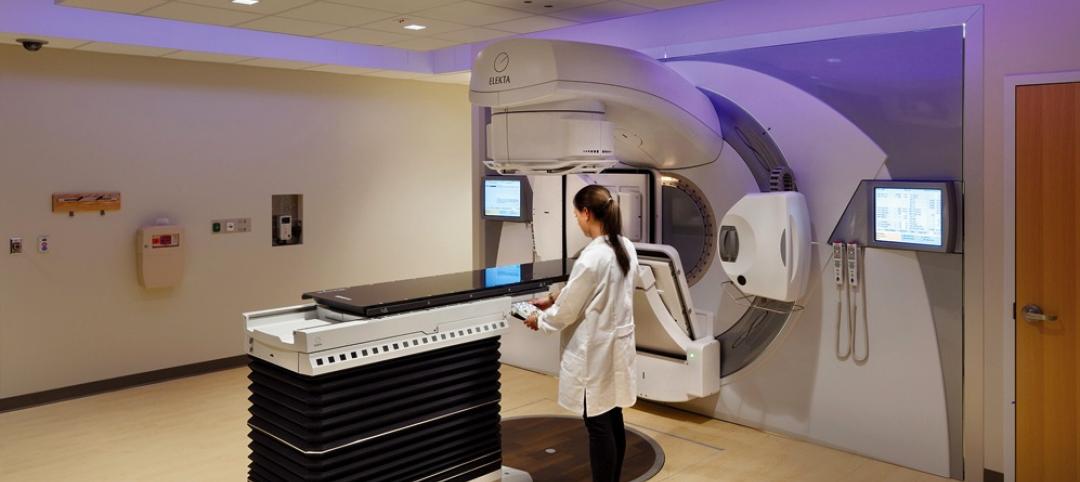There is an unprecedented wave of speculation and investment in Artificial intelligence (AI) sweeping the industry with ideas like machine learning (ML) appearing as a magic wand of business innovation. Beneath the seemingly boundless hype of AI, however, there is something quite simple at play -- the idea of finding ways to perform well-understood, common tasks more efficiently, according to leading data and analytics company GlobalData.
An analysis of GlobalData’s Disruptor Tech Database reveals that enterprise AI practitioners are primarily seeing very pointed benefits within problems that directly impact the bottom line.
For instance, one of the compelling areas where businesses have been using AI is generating leads. Harley-Davidson in New York chose AI to automatically craft the most appropriate digital marketing and advertising campaign on a customer-by-customer basis. The technology captures existing customer data from the company’s customer relationship management (CRM) system and analyzes user’s online and offline past purchasing behavior to scale up marketing campaigns across channels. Within three months of deployment, leads of the dealership grew by nearly 3,000% and more importantly the sale of motorcycles by 40%.
Another, pointed, pragmatic use cases for AI can be found in boosting operating efficiency. General Electric (GE), for instance, unlocked millions in cost savings using AI. Given its long operating record in multiple sectors and numerous enterprise resource planning (ERP) systems, GE has often faced challenges in arriving at a conclusion on its overall expenditure. AI enabled GE to combine all its 270 separate ERP systems into a single platform. The company realized more than $100 million in return on investment in different ways, including optimizing sourcing strategies, renegotiating contract terms, identifying cross-selling opportunities and reducing landing cost of products.
AI has been increasingly touted by enterprises as a key to customer personalization. Spotify stands a classic example in using AI to facilitate its customers with personalized music listening experience. Although players in the music streaming business such as Apple and Pandora offer curated playlists, they often fail to match individual listener’s music taste over time. Spotify’s “Discover Weekly” feature, curated algorithmically, became a sensation in personalizing music playlists more accurately at exceptionally large scale.
AI is of course the game changer of risk management to businesses in many ways. Online money transfers and payments company PayPal moved from using linear models to neural networks with deep learning (DL) for analyzing money transactions in real-time. The advanced platform helps to create scenarios related to positive and negative user behavior and contribute to improving the accurace of fraud detection over time. PayPal claims to have reduced the fraud rate to 0.32% of its total revenue, as compared to many peers at 1.32%.
The aforementioned are just a few in the expanding list of companies realizing tangible benefits with the use of AI.
“The operationalization of AI has allowed nearly every enterprise to grow smart, leveraging AI not globally but very specifically in solving well-understood problems, all without having to invest heavily in data sciences. However, while many are witnessing desirable results, potential AI practitioners should approach AI with caution, carefully weighing internal expertise against business needs,” concludes Brad Shimmin, Service Director, Global Technology and Services at GlobalData.
For more on how AI is being used in the AEC industry, and how the AEC industry can look to other sectors for how to best capitalize on the technology, check out BD+C's article, "Say 'Hello' to erudite machines," in the August issue.
Related Stories
| Dec 1, 2014
Skanska, Foster + Partners team up on development of first commercial 3D concrete printing robot
Skanska will participate in an 18-month program with a consortium of partners to develop a robot capable of printing complex structural components with concrete.
| Nov 26, 2014
How the 'maker culture' brings the power of design to life
Most people affiliate the maker culture with metal working, welding, ceramics, glass blowing, painting, and soldering. But it also includes coding and online content creation, writes Gensler’s Douglas Wittnebel.
Sponsored | | Nov 26, 2014
Virtual reality in 3D models, iPhone thermal imaging: Inside one very cool tech toybox
A little over a year ago, I embarked on a search to find individuals in the AEC space who were putting new hardware to work in the field.
| Nov 18, 2014
New tool helps developers, contractors identify geographic risk for construction
The new interactive tool from Aon Risk Solutions provides real-time updates pertaining to the risk climate of municipalities across the U.S.
Sponsored | | Nov 12, 2014
Williams Scotsman plugs into the jobsite
Many of our customers conduct important business from their temporary modular jobsite office and most require access to technology to get their job done effectively and efficiently. SPONSORED CONTENT
| Nov 5, 2014
AEC firms leverage custom scripts to bridge the ‘BIM language gap'
Without a common language linking BIM/VDC software platforms, firms seek out interoperability solutions to assist with the data transfer between design tools.
| Nov 3, 2014
How facility owners can make the most of BIM
More and more facility owners are seeing the benefits that building information modeling can bring to their projects, according to a new McGraw Hill Construction SmartMarket Report, “The Business Value of BIM for Owners.”
| Oct 15, 2014
Drones may soon assist code inspectors for construction in the UAE
The United Arab Emirates’ Ministry of Labour announced that they will start using drones to help inspectors record when construction sites are breaking laws.
| Oct 13, 2014
Debunking the 5 myths of health data and sustainable design
The path to more extensive use of health data in green building is blocked by certain myths that have to be debunked before such data can be successfully incorporated into the project delivery process.
Sponsored | | Oct 13, 2014
William Duff Architects successfully increases revenue while decreasing accounts receivable workload
William Duff Architects has seen immediate benefits to their business since the implementation of ArchiOffice. Within a couple of months, they increased billable staff utilization and reduced accounts receivable workload. SPONSORED CONTENT















